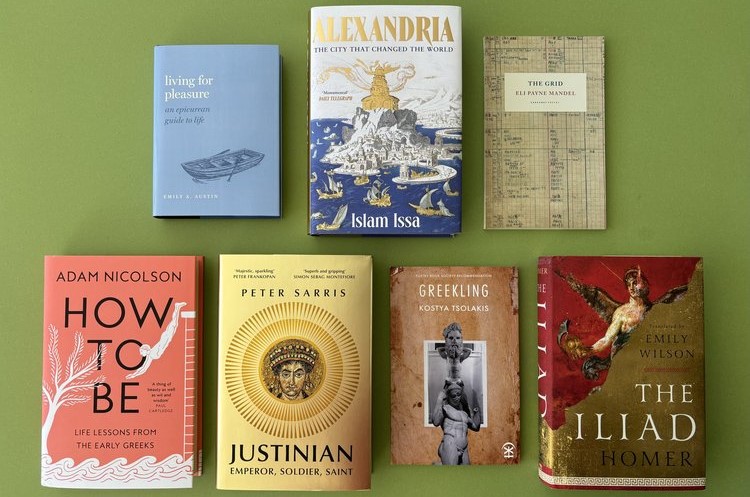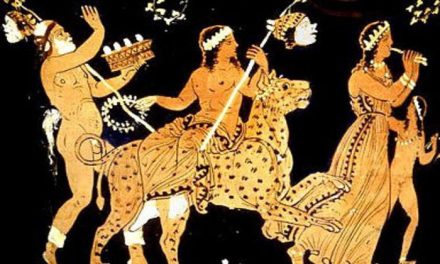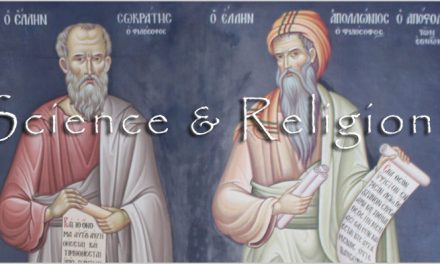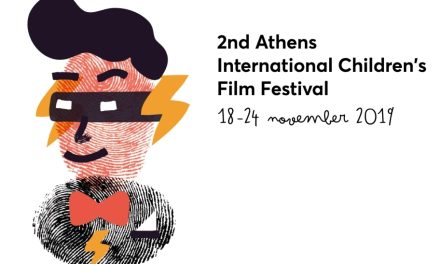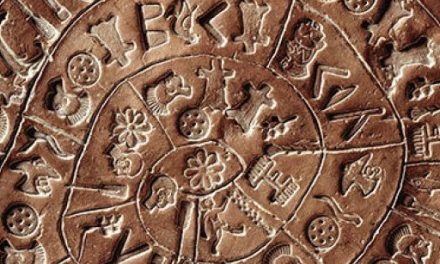First conceived in 1983 and presented for the first time in 1986, the Runciman Award is an annual literary award offered by the Anglohellenic League for a work published in English dealing wholly or in part with Greece or Hellenism. Named in honor of Sir Steven Runciman, the eminent Byzantine scholar, the aim of the Award is to stimulate interest in Greek history and culture culture from earliest times to the present, to reward and encourage good and accessible writing as well as to promote wider knowledge and understanding of Greece’s contribution to civilization and values. Previous winners have included Mark Mazower, Antony Beevor, Richard Clogg,K.E. Fleming, Emily Greenwood, Juliet du Boulay, Bruce Clark, A.E. Stallings, and of course, Roderick Beaton, the only author to have won it four times.
The judging panel for the Anglo-Hellenic League Runciman Award, has agreed the short list for the competition in 2024. Out of their long list of 24 books announced in January, the judges have selected seven books for their short list. Judith Mossman, the chair of judges, said:
“We had an extremely varied and stimulating long list from which to choose, which enabled us, after much discussion, to select one of our most varied shortlists of the last few years, ranging in subject-matter over many centuries, from the beginnings of Greek literature and philosophy through to the Byzantine era and thence right up to our own day; and in terms of genre from scholarly biography, diachronic history and popular philosophy to poetry and poetic translation. We are very excited about all the shortlisted works.” The short list of seven titles is:
- Emily A. Austin, Living for Pleasure: An Epicurean Guide to Life (OUP) Philosophy
- Islam Issa, Alexandria: The City That Changed the World (Sceptre) History
- Eli Payne Mandel, The Grid (Carcanet) Poetry
- Adam Nicolson, How To Be: Life Lessons from the Early Greeks (Harper Collins) Philosophy
- Peter Sarris, Justinian: Emperor, Soldier, Saint (John Murray) Biography
- Kostya Tsolakis, Greekling (Nine Arches) Poetry
- Emily Wilson (trans.), The Iliad by Homer (W.W. Norton) Literature in translation
Emily A. Austin, Living for Pleasure: An Epicurean Guide to Life
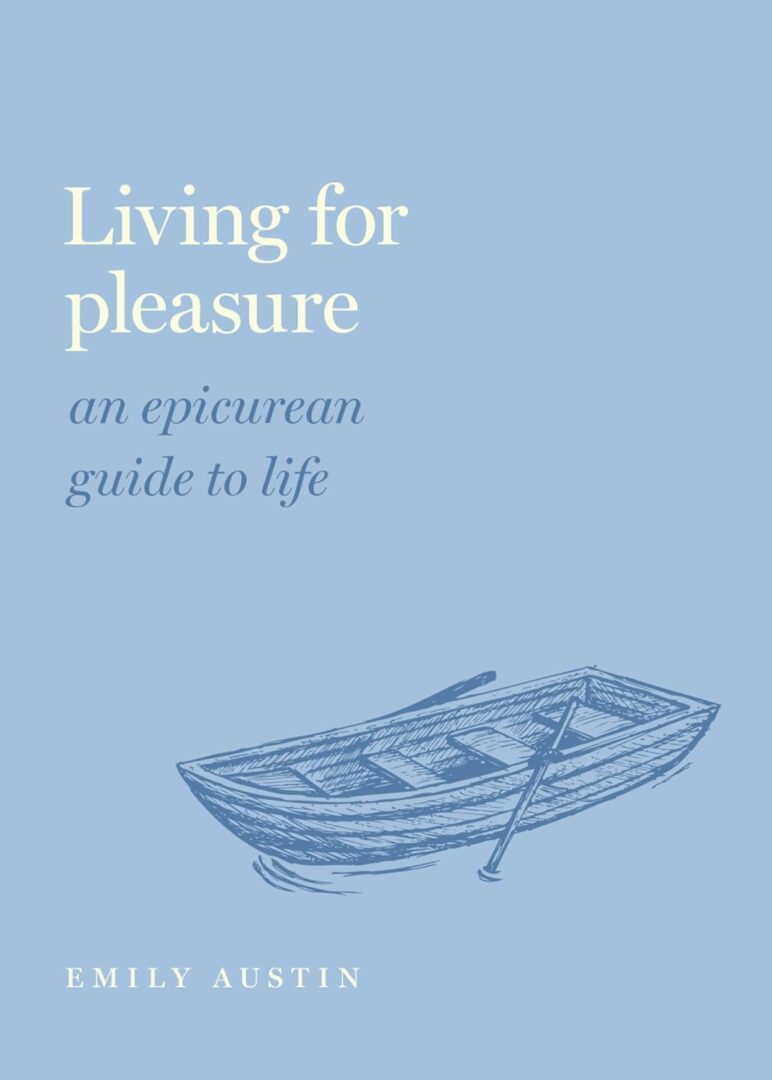
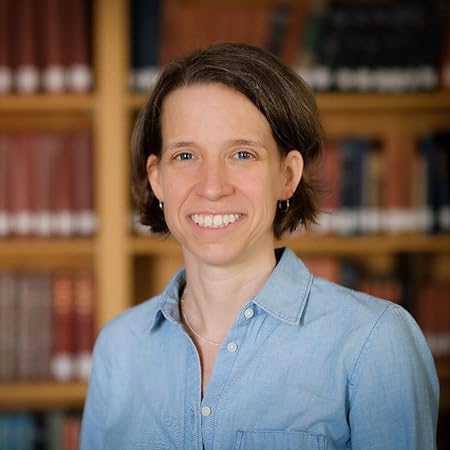
Pleasure feels amazing! Anxiety, however, does not. The Ancient Greek Philosopher Epicurus rolled these two strikingly intuitive claims into a simple formula for happiness and well-being—pursue pleasure without causing yourself anxiety. But wait, is that even possible? Can humans achieve lasting pleasure without suffering anxiety about failure and loss? Epicurus thinks we can, at least once we learn to pursue pleasure thoughtfully.
In Living for Pleasure, philosopher Emily Austin offers a lively, jargon-free tour of Epicurean strategies for diminishing anxiety, achieving satisfaction, and relishing joys. Epicurean science was famously far ahead of its time, and Austin shows that so was its ethics and psychology. Epicureanism can help us make and keep good friends, prepare for suffering, combat imposter syndrome, build trust, recognize personal limitations, value truth, cultivate healthy attitudes towards money and success, manage political anxiety, develop gratitude, savor food, and face death.
Readers will walk away knowing more about an important school of philosophy, but moreover understanding how to get what they want in life—happiness—without the anxiety of striving for it.
Emily A. Austin is Professor of Philosophy at Wake Forest University in Winston-Salem, NC. Her scholarly work focuses on Ancient Greek theories of complex emotions, including the fear of death, grief, patriotism, and comedic malice.
Islam Issa, Alexandria: The City That Changed the World

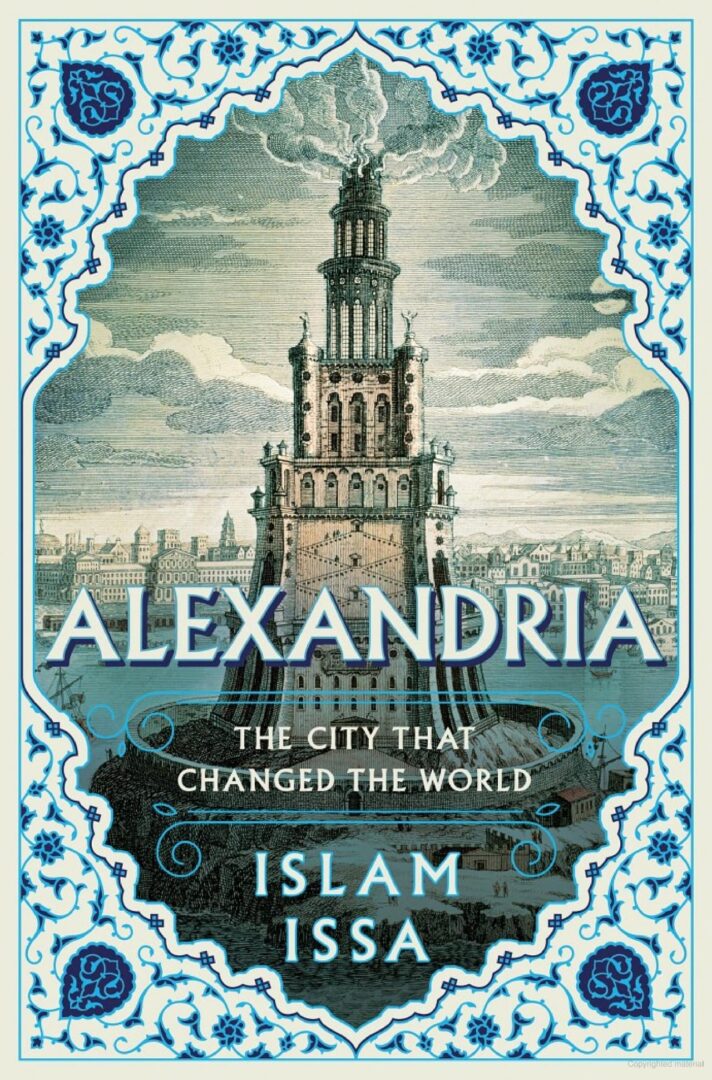
Inspired by the tales of Homer and his own ambitions of empire, Alexander the Great sketched the idea of a city onto the sparsely populated Egyptian coastline. He did not live to see Alexandria built, but his vision of a sparkling metropolis that celebrated learning and diversity was swiftly realized and still stands today.
Islam Issa’s father had always told him about their city’s magnificence, and as he looked at the new library in Alexandria it finally hit home. This is no ordinary library. And Alexandria is no ordinary city. Combining rigorous research with myth and folklore, Alexandria: The City That Changed the World is an authoritative history of a city that has shaped our modern world. Soon after being founded by Alexander the Great, Alexandria became the crucible of cultural exchange between East and West for millennia and the undisputed global capital of knowledge. It was at the forefront of human progress, but it also witnessed brutal natural disasters, plagues, crusades and violence.
Major empires fought over Alexandria, from the Greeks and Romans to the Arabs, Ottomans, French, and British. Key figures shaped the city from its eponymous founder to Aristotle, Cleopatra, Saint Mark the Evangelist, Napoleon Bonaparte and many others, each putting their own stamp on its identity and its fortunes. And millions of people have lived in this bustling seaport on the Mediterranean. From its humble origins to its dizzy heights and its latest incarnation, Islam Issa tells us the rich and gripping story of a city that changed the world.
Islam Issa is a literary critic and historian, whose work has focused on the cultural history of the Middle East and the modern-day reception of English literature, including Shakespeare, in global contexts. He is Professor of Literature and History at Birmingham City University, where he was awarded the university’s Researcher of the Year prize for two consecutive years.
Eli Payne Mandel, The Grid

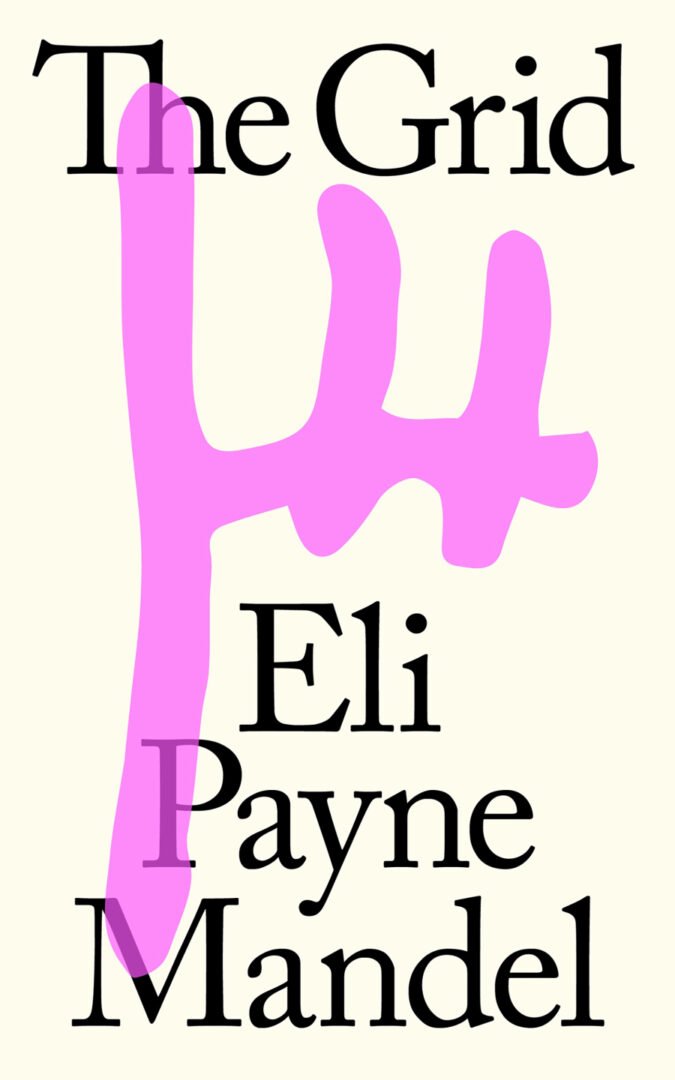
The Grid is about the end of worlds, ancient and modern. In three sequences of poems interspersed with Mandel’s own translations from classical texts, figures of obsession and loneliness try to decrypt what Maurice Blanchot called ‘the writing of the disaster’. Like a detective novel, the title sequence pieces together archival fragments into a lyric essay about Alice Kober, the half-forgotten scholar behind the decipherment of the ancient writing system called Linear B. Across different wartimes, Mandel adapts the typography and formatting of archived papers, their overlaps and errors and aporias, which compel readers to invest creatively in the very act of reading, learning new ways into language as they go.
The leaps between past and present work in dialogue like a series of exhilarating stepping stones. This is a collection of what, though sometimes written as prose, turn out to be poems. From Ovid’s bitter letters of exile to the prime minister’s letters of instruction to nuclear submarine captains, The Grid tells a series of stories about four thousand years of apocalypse. Strange, humane, and deeply rooted in the ancient world, Mandel’s first book surveys the ruins of the West with no nostalgia.
Eli Payne Mandel is a poet, scholar, and psychoanalytic candidate. He is currently a Lecturer in the Department of English and Comparative Literature at Columbia University. The Grid is his first book.
Adam Nicolson, How To Be: Life Lessons from the Early Greeks
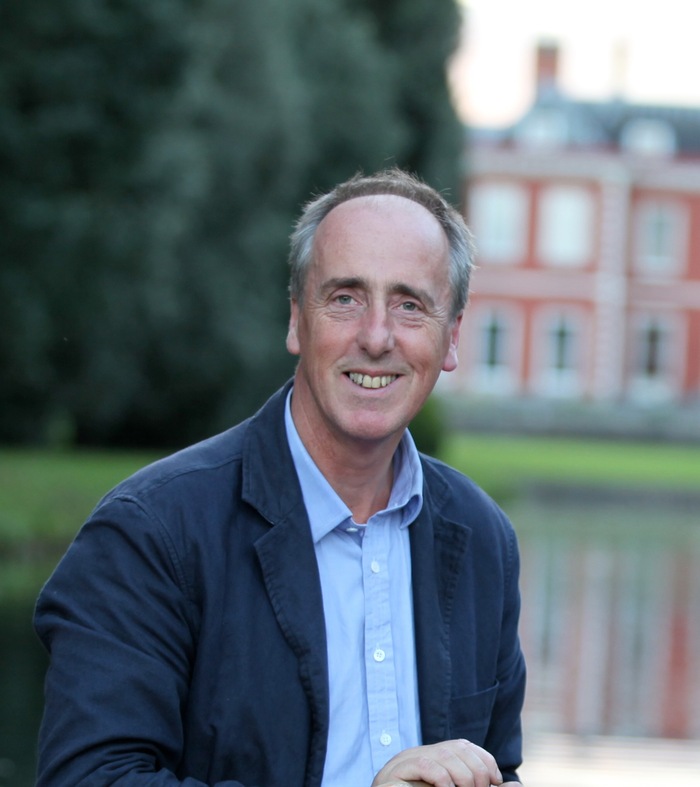
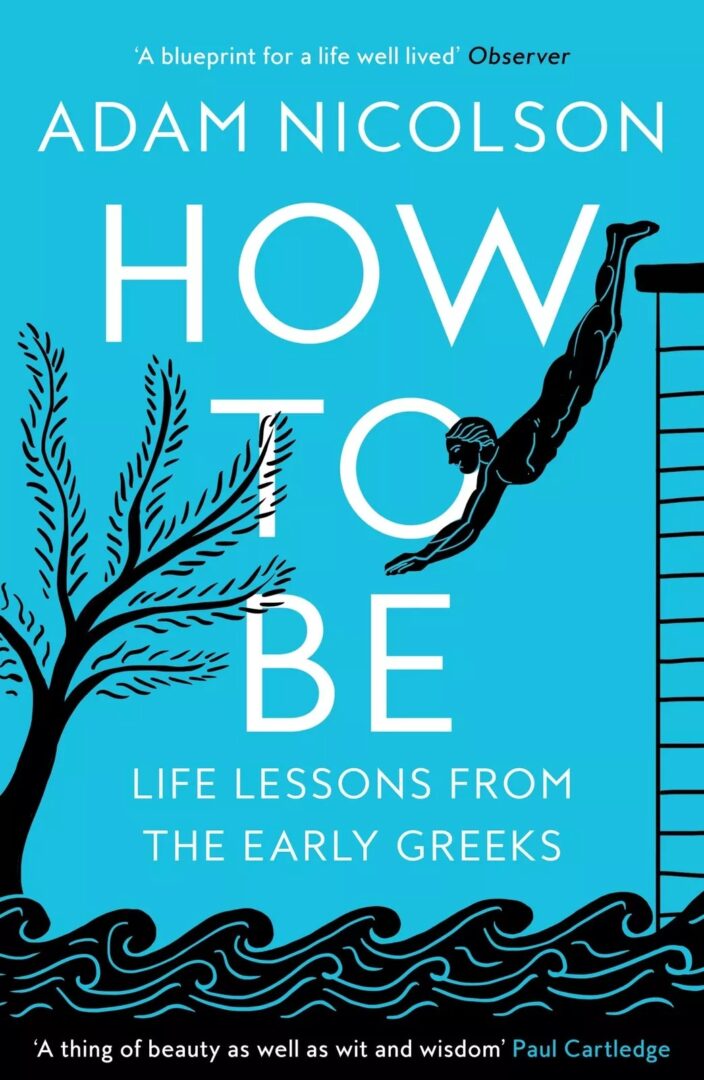
Before the Greeks, the idea of the world was dominated by god-kings and their priests, in a life ruled by imagined metaphysical monsters. 2,500 years ago, in a succession of small eastern Mediterranean harbour-cities, that way of thinking began to change. Men (and some women) decided to cast off mental subservience and apply their own worrying and thinking minds to the conundrums of life.
These great innovators shaped the beginnings of philosophy. Through the questioning voyager Odysseus, Homer explored how we might navigate our way through the world. Heraclitus in Ephesus was the first to consider the interrelatedness of things. Xenophanes of Colophon was the first champion of civility. In Lesbos, the Aegean island of Sappho and Alcaeus, the early lyric poets asked themselves ‘How can I be true to myself?’ In Samos, Pythagoras imagined an everlasting soul and took his ideas to Italy where they flowered again in surprising and radical forms.
Prize-winning and bestselling writer Adam Nicolson travels through this transforming world and asks what light these ancient thinkers can throw on our deepest preconceptions. Sparkling with maps, photographs and artwork, How to Be is a journey into the origins of Western thought. Hugely formative ideas emerged in these harbour-cities: fluidity of mind, the search for coherence, a need for the just city, a recognition of the mutability of things, a belief in the reality of the ideal — all became the Greeks’ legacy to the world. Born out of a rough, dynamic—and often cruel— moment in human history, it was the dawn of enquiry, where these fundamental questions about self, city and cosmos, asked for the first time, became, as they remain, the unlikely bedrock of understanding.
Adam Nicolson is the author of many books on history, landscape, and great literature. He is the winner of the Somerset Maugham Award, the W. H. Heinemann Award, and the Ondaatje Prize. His books include The Life Between the Tides and Why Homer Matters.
Peter Sarris, Justinian: Emperor, Soldier, Saint

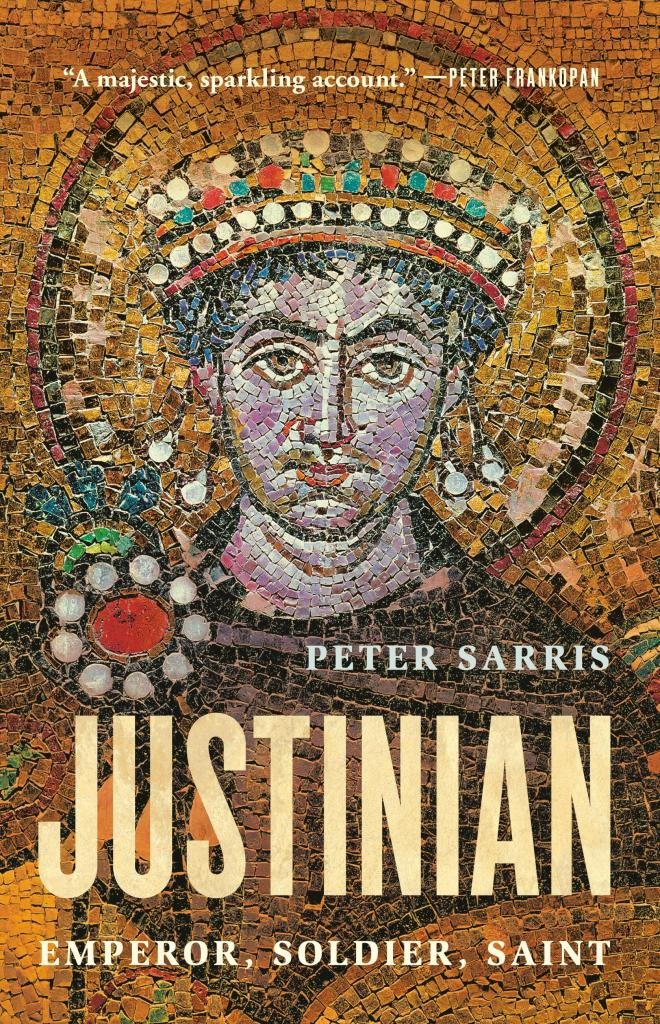
Justinian is a radical reassessment of an emperor and his times. In the sixth century CE, the emperor Justinian presided over nearly four decades of remarkable change, in an era of geopolitical threats, climate change, and plague. From the eastern Roman—or Byzantine—capital of Constantinople, Justinian’s armies reconquered lost territory in Africa, Italy, and Spain. But these military exploits, historian Peter Sarris shows, were just one part of a larger program of imperial renewal.
From his dramatic overhaul of Roman law, to his lavish building projects, to his fierce persecution of dissenters from Orthodox Christianity, Justinian’s vigorous statecraft—and his energetic efforts at self-glorification—not only set the course of Byzantium but also laid the foundations for the world of the Middle Ages.
Even as Justinian sought to recapture Rome’s past greatness, he paved the way for what would follow.
Peter Sarris is Professor of late antique, medieval, and Byzantine studies at the University of Cambridge. He is author or editor of eight books on the history of late antiquity, the early Middle Ages, and Byzantium, including Byzantium: A Very Short Introduction.
Kostya Tsolakis, Greekling

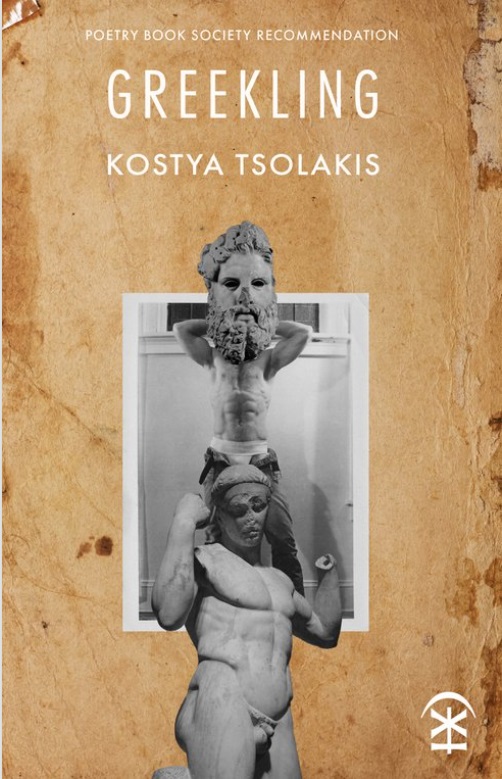
Greekling, the much-anticipated debut poetry collection by Kostya Tsolakis, celebrates and commemorates damaged and rejected Greek bodies, be they of flesh and blood, made of marble, or natural bodies. In intertwining Greek culture, history and poetic influences with the contemporary queer experience, this collection is perceptive, lyrical, and deeply evocative of time and place. From an Athenian childhood to a closeted adolescence in the shadow of the AIDS epidemic, towards sexual self-discovery, maturity and freedom – Tsolakis charts the pursuit of unconditional happiness.
These poems explore queer joy on dance floors, darkrooms and bedsits, but also the risks of crossing strangers’ thresholds or in encountering the violent machismo and hypermasculine expectations of the society you grow up in. And ever-present through the collection is Athens – the city the poet once turned his back on at eighteen but has come to love again. Moving between lament and celebration, Greekling reflects on a changing and often misrepresented country, the nature of motherlands and mother tongues; it is a voyage out – and a return.
Kostya Tsolakis was born and raised in Athens, Greece, and now lives in London. He is founding editor of harana poetry, the online magazine for poets writing in English as a second or parallel language. In 2019 he won the Oxford Brookes International Poetry Competition (ESL category). His poems have been widely published in magazines, and anthologies.
Emily Wilson (trans.), The Iliad by Homer
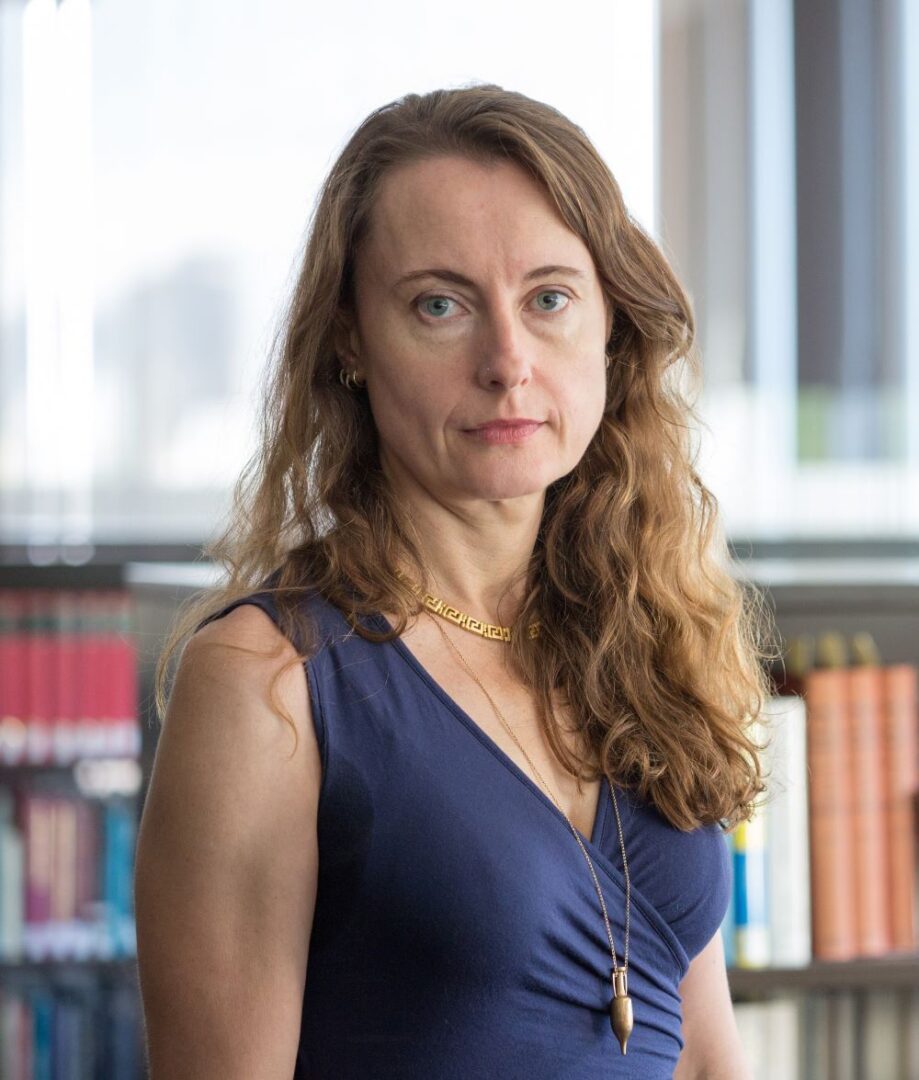
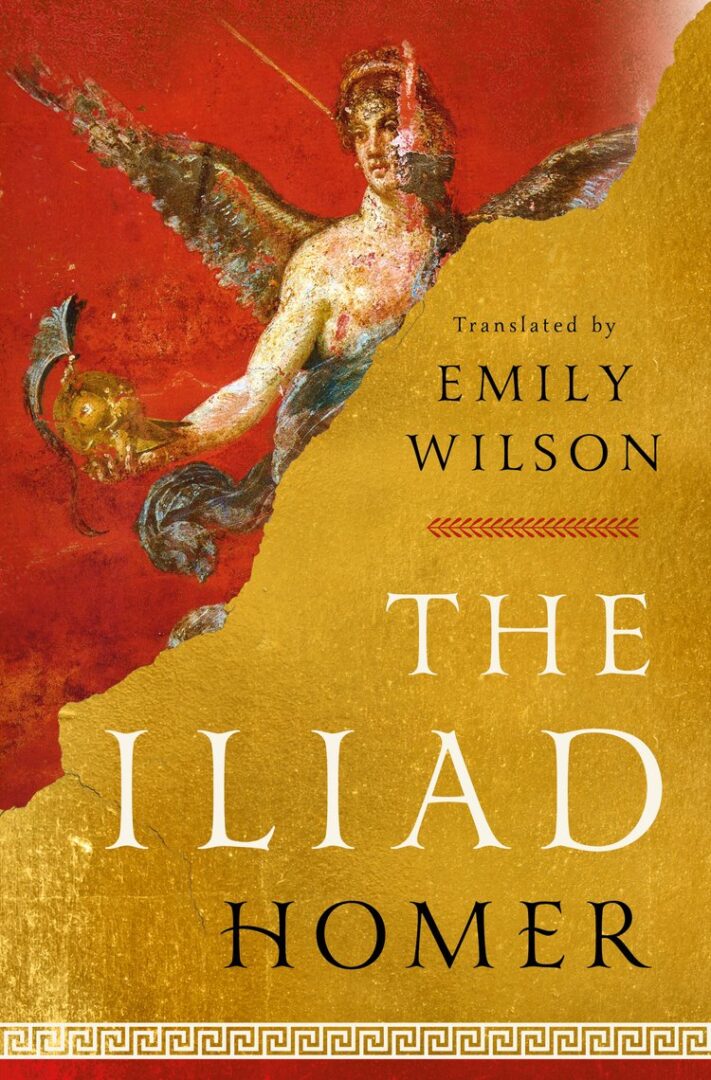
The greatest literary landmark of antiquity masterfully rendered by the most celebrated translator of our time.
When Emily Wilson’s translation of The Odyssey appeared in 2017—revealing the ancient poem in a contemporary idiom that was “fresh, unpretentious and lean” (Madeline Miller, Washington Post)—critics lauded it as “a revelation” (Susan Chira, New York Times) and “a cultural landmark” (Charlotte Higgins, Guardian) that would forever change how Homer is read in English. Now Wilson has returned with an equally revelatory translation of Homer’s other great epic—the most revered war poem of all time.
The Iliad roars with the clamor of arms, the bellowing boasts of victors, the fury and grief of loss, and the anguished cries of dying men. It sings, too, of the sublime magnitude of the world—the fierce beauty of nature and the gods’ grand schemes beyond the ken of mortals. In Wilson’s hands, this thrilling, magical, and often horrifying tale now gallops at a pace befitting its legendary battle scenes, in crisp but resonant language that evokes the poem’s deep pathos and reveals palpably real, even “complicated,” characters—both human and divine.
The culmination of a decade of intense engagement with antiquity’s most surpassingly beautiful and emotionally complex poetry, Wilson’s Iliad now gives us a complete Homer for our generation.
Emily Rose Caroline Wilson is a British American classicist, author, translator, and Professor of Classical Studies at the University of Pennsylvania. In 2018, she became the first woman to publish an English translation of Homer’s Odyssey. Her translation of the Iliad was released in September 2023.
The Anglo-Hellenic League Runciman Award Ceremony 2024, under the joint sponsorship of the Athanasios C. Laskaridis Charitable Foundation and the A. G. Leventis Foundation, and in partnership with the Centre for Hellenic Studies at King’s College London will take place Monday, 17 June 2024, at King’s College London (Great Hall) from 19:00 to 21:00.
A the award ceremony, the chair of judges, Prof. Judith Mossman, will announce the winner. The winner will attend the event and speak about the winning book. The keynote speech will be given by Prof. Alexander Lingas on ‘Recovering the Lost Voices of Hagia Sophia’. The event will be hosted and addressed by Dr John Kittmer, chair of the Council of the League, and Prof. Gonda Van Steen, director of the Centre for Hellenic Studies.
Alexander Lingas, Music Director and founder of Cappella Romana, is Professor Emeritus of Music at City, University of London, and a Research Fellow of the Institute for Orthodox Christian Studies (Cambridge, UK). He formed and directed the Byzantine Chant Ensemble for the Coronation of Their Majesties King Charles III and Queen Camilla in 2023. His present work embraces not only historical study but also ethnography and performance. In 2018, His All-Holiness, Bartholomew I, Archbishop of Constantinople-New Rome and Ecumenical Patriarch, bestowed on him the title of Archon Mousikodidáskalos. Having been Spring 2023 Artist in Residence at St. Vladimir’s Orthodox Theological Seminary in Yonkers, New York, he has returned there during 2023–24 as Professor of Music and Associate Director of its Institute of Sacred Arts.
Attendance in person and viewing by Zoom are free but you must register for either in advance, for more details please click here.
I.L.
TAGS: HERITAGE | LITERATURE & BOOKS | MODERN GREEK STUDIES

